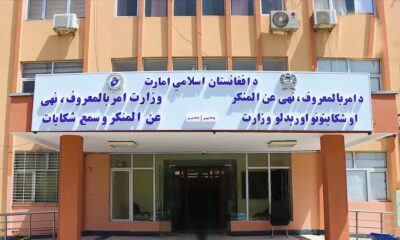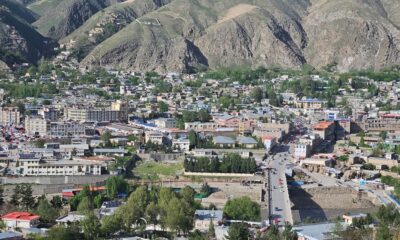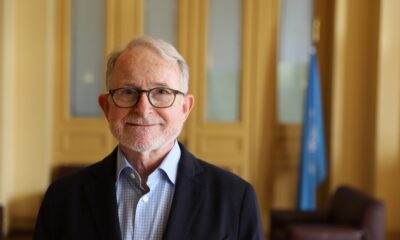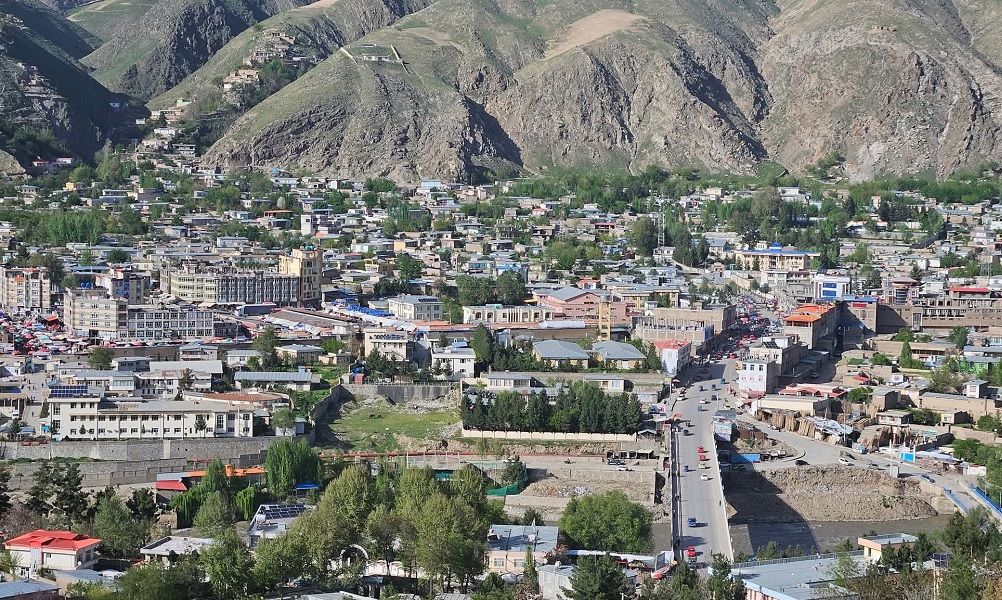Latest News
Bayat Foundation moves on to Balkh in relief drive to feed the hungry
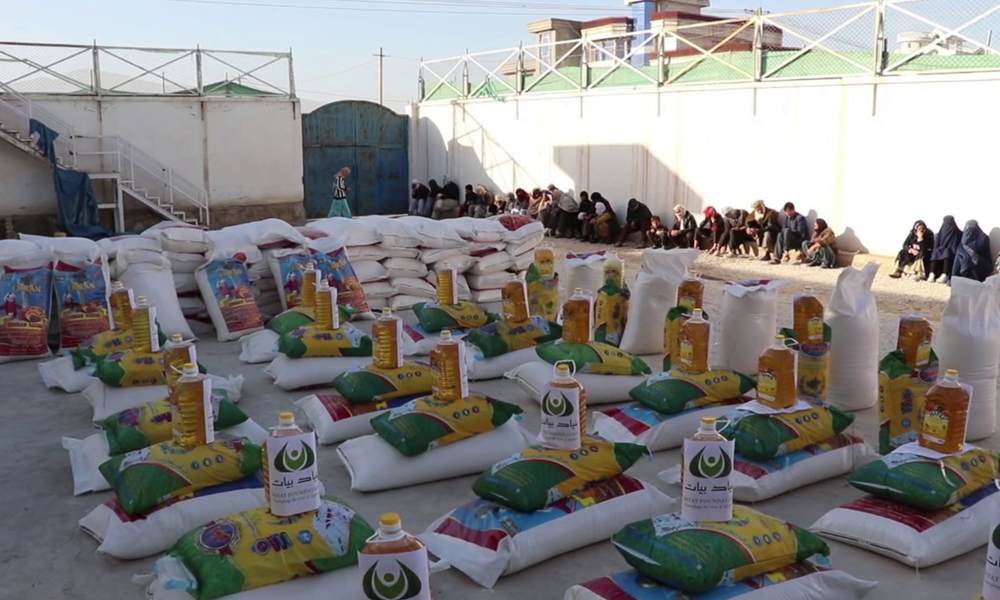
Hundreds of poverty-stricken families in Mazar-e-Sharif, the capital of Balkh province, were given food parcels on Sunday in a drive by the organization to help desperate families ahead of winter.
Committed to helping the hungry, Bayat Foundation has so far sent hundreds of packages that include rice, flour and oil, to the destitute in Kandahar, Herat and now Balkh.
According to foundation officials, they are working as fast as possible to provide the essential food items to people before winter sets in.
“The Bayat Foundation continues to provide assistance to the deserving and displaced people. We have already distributed aid to people in Kandahar and Herat and today we have distributed in Mazar-e-Sharif,” said Haji Mohammad Ismail, Deputy Chairman of the Bayat Foundation.
Bayat Foundation has carried out comprehensive assessments in these areas to identify recipients in urgent need of help.
“Based on the Bayat Foundation’s survey results, we are distributing foodstuff for really deserving people,” said Yafes Saqeb, Head of Bayat Foundation in Balkh.
Recipients of the food parcels welcomed the foundation’s initiative and said a large percentage of local families are facing serious financial problems.
“People don’t have food. We welcome their assistance and want them to continue their help,” said Abdul Ghafar, a resident.
“In this dangerous time that people are living in, hungry, we really welcome the assistance. We want them to continue with this assistance,” said Mohammad Baqer, another resident.
“There is no work. Women have problems, and can’t leave [their homes]. We are grateful to them and hope they carry on helping us,” said Shakela, another resident.
Bayat Foundation officials have said they will continue to provide food parcels and hope to reach as many people across the country.
Hundreds of thousands of Afghan families are desperate amid a looming humanitarian crisis following the abrupt end to foreign financial aid and the freezing of Afghanistan’s assets by the US.
Families have been hit hard by the unexpected withdrawal of foreign organizations, diplomatic missions as well as the withdrawal of US troops.
Together these entities employed hundreds of thousands of people both directly and indirectly – people who now have no income. In addition to this, the 300,000 former security force members, who were paid by the US, are also now unemployed and penniless.
Afghanistan’s winters are particularly harsh, and given the collapsing economy, Afghans are extremely worried about what lies ahead.
Latest News
Over 365 women-related cases resolved in past month: Virtue Ministry
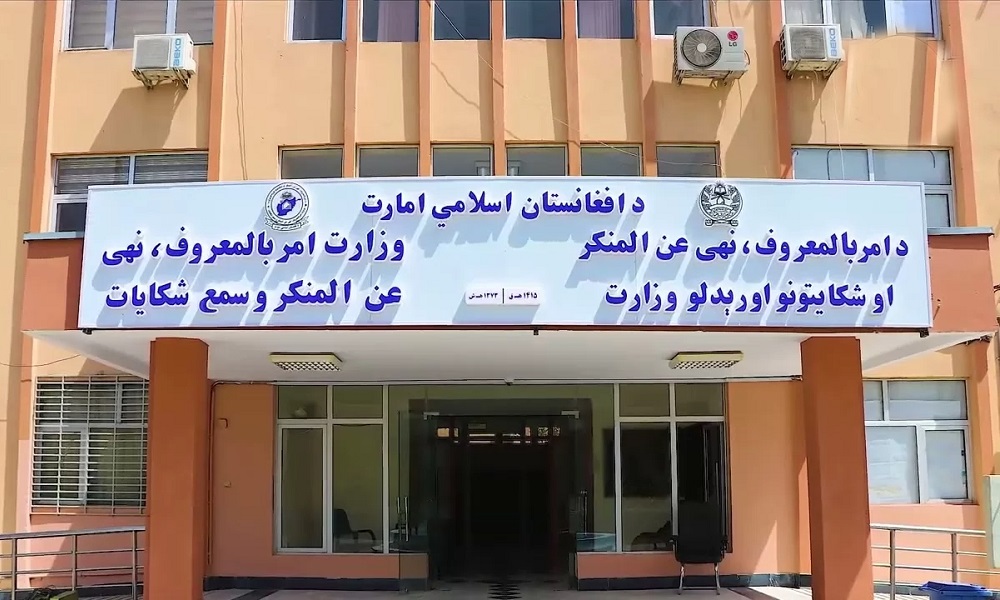
The Ministry for the Propagation of Virtue and Prevention of Vice (MPVPV) said in a statement that over the past month, it has handled 368 cases related to women’s religious rights.
According to the statement, the ministry also arrested 30 alleged sorcerers, resolved 175 cases of disputes and conflicts, held 743 meetings with traders, and conducted 1,304 reformative sessions with religious scholars and various segments of society.
Latest News
Five die as vehicle plunges into river in Badakhshan
Latest News
Moldova bans Afghan airlines over safety concerns

Moldova’s government has included Afghan airlines in its updated list of carriers banned or restricted from operating in the country, effective 19 February 2026, in line with EU aviation safety rules.
The order, signed by Deputy Prime Minister Vladimir Bolea, covers more than 200 airlines from around 20 countries, including Afghanistan, Russia, Iran, and North Korea. Most face a complete operating ban in Moldovan airspace and airports, while some have limited operational permissions, state news agency Moldpres reported.
The Civil Aviation Authority of Moldova will monitor compliance. The ban remains in place until Moldova joins the European Union.
-

 Latest News4 days ago
Latest News4 days agoIEA releases three Pakistani soldiers to mark Ramadan
-
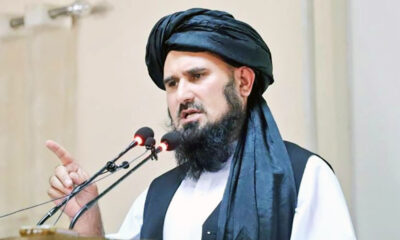
 Latest News4 days ago
Latest News4 days agoAfghanistan’s Chief of Armed Forces underscores readiness and equipment for national defense
-
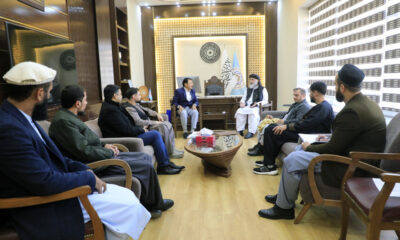
 Latest News3 days ago
Latest News3 days agoAfghanistan welcomes investment and technology partnerships with India
-
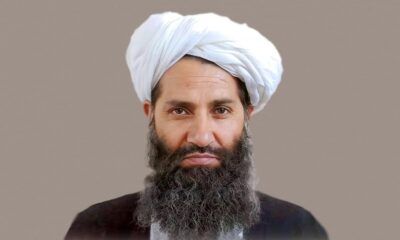
 Latest News4 days ago
Latest News4 days agoGrateful to Afghans and Ulama for obeying the Islamic Emirate, says Hibatullah Akhundzada
-

 Sport3 days ago
Sport3 days agoAfghan Peaks founder climbs Aconcagua to promote Afghanistan’s mountain potential
-

 Latest News2 days ago
Latest News2 days agoIndian customs seize Chinese walnuts falsely declared as Afghan
-

 Business3 days ago
Business3 days agoPakistan allows re-export of stranded Afghan transit cargo
-
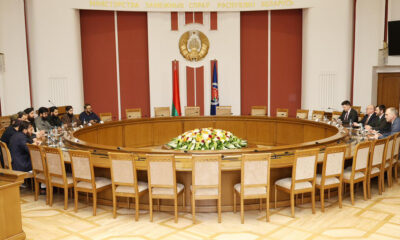
 Business5 days ago
Business5 days agoAfghan delegation visits Belarus to strengthen economic and industrial ties


